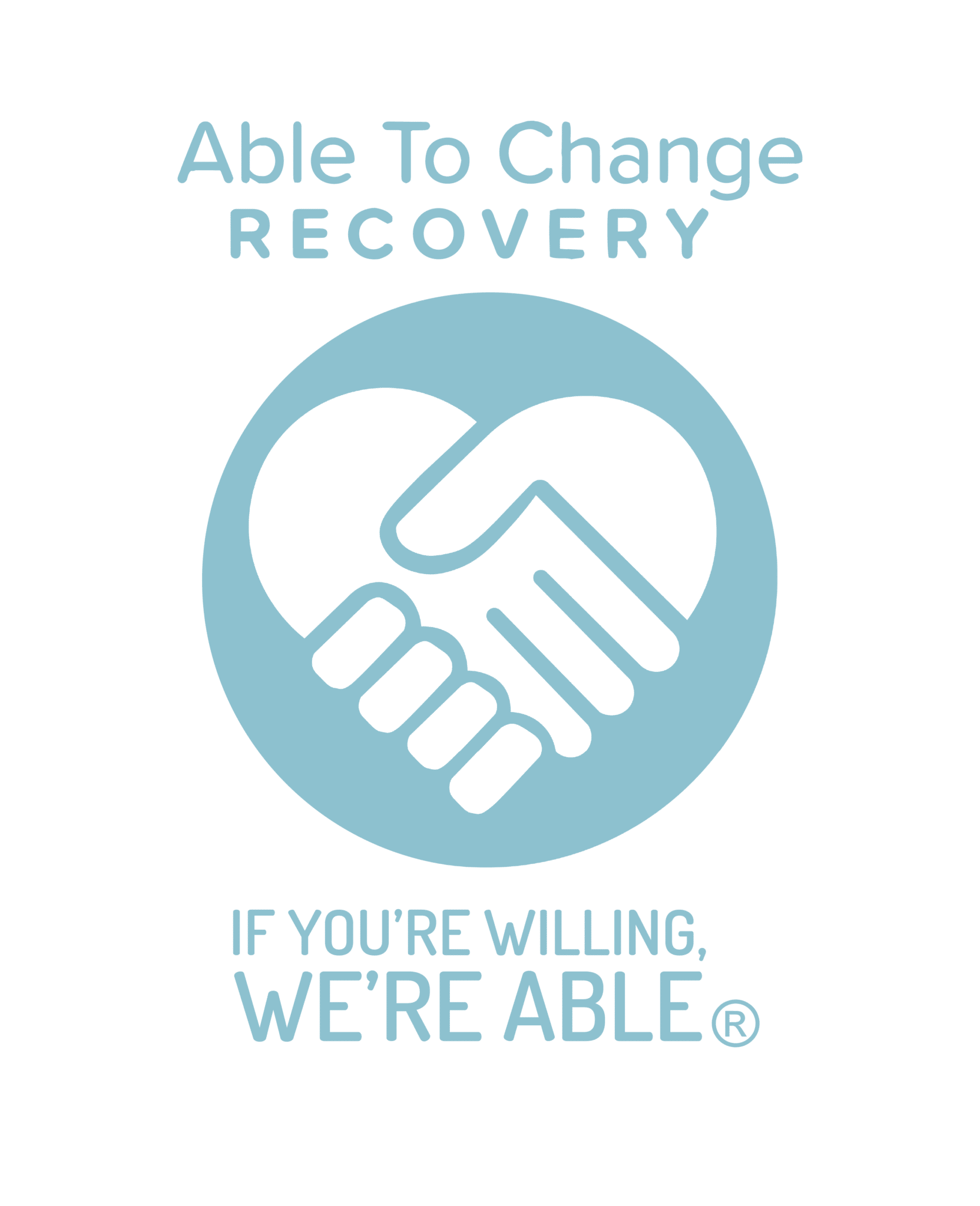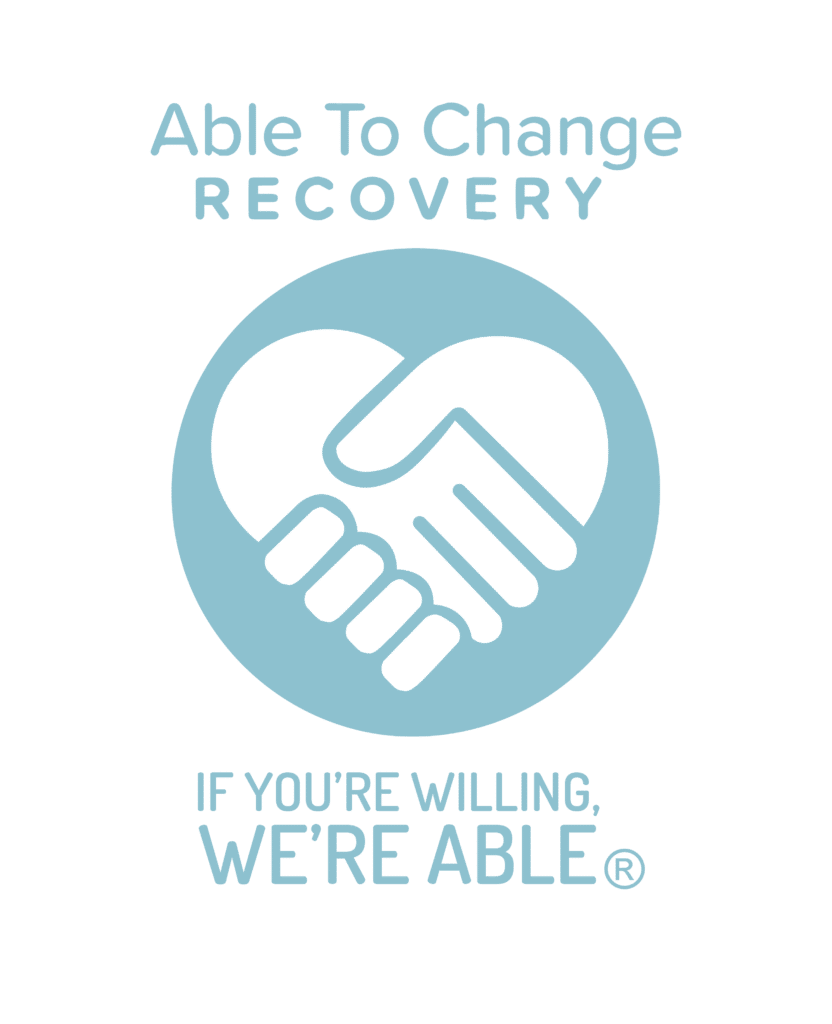Understanding Substance Abuse
Substance abuse is a significant global public health issue that affects millions of individuals worldwide. It involves the use of drugs or alcohol in a manner that adversely affects a person’s physical and mental health, relationships, and daily life activities. Substance abuse can lead to addiction, a complex and chronic disorder that necessitates professional treatment.
Substance abuse can encompass various substances, including illicit drugs, prescription medications, and alcohol. The effects of substance abuse can be severe and can lead to numerous negative consequences, such as financial problems, legal issues, social isolation, and physical and mental health problems. Prolonged substance abuse can result in a range of medical complications, including liver disease, heart disease, respiratory problems, and mental health disorders.
Let’s delve into the different types of substance abuse and their effects on the body and mind.
Alcohol Abuse
Alcohol abuse is one of the most common forms of substance abuse. It occurs when a person drinks alcohol in excess, leading to a range of physical and mental health problems. Some of the signs of alcohol abuse include:
- Drinking alone or in secret
- Drinking in risky situations, such as while driving or operating heavy machinery
- Neglecting responsibilities, such as work or family obligations
- Experiencing blackouts or memory loss
- Experiencing withdrawal symptoms when not drinking
Long-term alcohol abuse can lead to liver damage, high blood pressure, heart disease, and mental health problems such as depression and anxiety.
Opioid Abuse
Opioid abuse involves using prescription or illicit drugs such as heroin, fentanyl, and oxycodone. Opioids are highly addictive and can cause physical dependence in a short amount of time. Some of the signs of opioid abuse include:
- Taking more than the prescribed dose
- Using opioids for non-medical reasons
- Experiencing withdrawal symptoms when not using opioids
- Neglecting responsibilities, such as work or family obligations
- Engaging in risky behavior, such as driving while under the influence
Long-term opioid abuse can lead to respiratory problems, liver damage, and mental health problems such as depression and anxiety.
Stimulant Abuse
Stimulant abuse involves using drugs such as cocaine, and methamphetamine, and prescription drugs such as Adderall and Ritalin. Stimulants increase dopamine levels in the brain, leading to feelings of euphoria and energy. Some of the signs of stimulant abuse include:
- Using stimulants in excess
- Engaging in risky behavior, such as driving while under the influence
- Experiencing withdrawal symptoms when not using stimulants
- Neglecting responsibilities, such as work or family obligations
- Experiencing physical and mental health problems, such as heart disease and anxiety
Long-term stimulant abuse can lead to heart problems, stroke, and mental health problems such as psychosis and paranoia.
Cannabis Abuse
Cannabis abuse involves the use of marijuana, which is the most commonly used illicit drug in the United States. Cannabis can cause a range of physical and mental health problems, mainly when used in excess. Some of the signs of cannabis abuse include:
- Using cannabis in excess
- Experiencing memory problems or difficulty concentrating
- Experiencing withdrawal symptoms when not using cannabis
- Neglecting responsibilities, such as work or family obligations
- Experiencing mental health problems, such as anxiety and depression
Long-term cannabis abuse can lead to respiratory problems, cognitive impairment, and mental health problems such as psychosis and schizophrenia.
Inhalant Abuse
Inhalant abuse involves using household or industrial chemicals, such as paint thinner, gasoline, and aerosol sprays. Inhalants can cause a range of physical and mental health problems, particularly when used in excess. Some of the signs of inhalant abuse include:
- Using inhalants in excess
- Experiencing headaches or dizziness
- Experiencing withdrawal symptoms when not using inhalants
- Neglecting responsibilities, such as work or family obligations
Experiencing cognitive and behavioral problems, such as difficulty thinking and acting impulsively
Long-term inhalant abuse can lead to liver and kidney damage, respiratory problems, and neurological problems such as seizures and tremors.
Prescription Drug Abuse
Prescription drug abuse involves the use of drugs such as opioids, benzodiazepines, and stimulants in a way that is different from what the doctor prescribes. Prescription drug abuse can lead to physical and mental health problems, mainly when used excessively. Some of the signs of prescription drug abuse include:
- Using prescription drugs in excess
- Engaging in risky behavior, such as driving while under the influence
- Experiencing withdrawal symptoms when not using prescription drugs
- Neglecting responsibilities, such as work or family obligations
- Experiencing physical and mental health problems, such as respiratory problems and anxiety
Long-term prescription drug abuse can lead to liver and kidney damage, heart problems, and mental health problems such as depression and anxiety.
Seek Professional Help for Substance Abuse
If you or someone you know is struggling with substance abuse, it’s important to seek professional help as soon as possible. Our treatment center in Orange County, CA, offers evidence-based addiction treatment programs to help individuals overcome their addiction and start living healthier and happier lives.
Our team of experienced professionals uses a range of approaches, including cognitive-behavioral therapy, motivational interviewing, and medication-assisted treatment, to address addiction’s physical, emotional, and psychological aspects. We offer a range of programs, including detoxification, residential treatment, outpatient treatment, and aftercare support.
Don’t let substance abuse control your life. Contact us today to learn more about us or how our addiction treatment programs and start your journey towards recovery.




